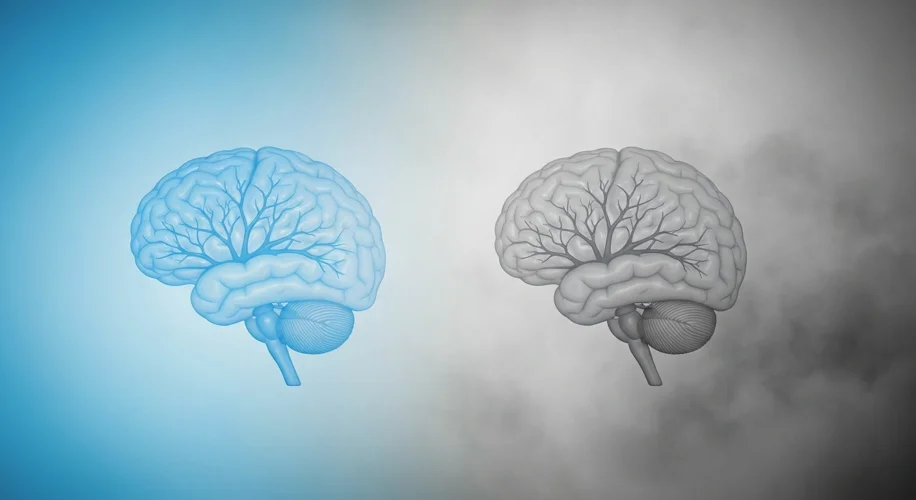Did you know that the air we breathe could be silently impacting our cognitive health? Recent research is shedding light on a concerning link between air pollution and the development of severe forms of dementia. As someone with a background in atmospheric science, I find this connection particularly striking.
We often think of air pollution in terms of its immediate effects: smoggy skies, respiratory issues, or environmental damage. But this new wave of research suggests a deeper, more insidious impact – one that affects our brains and our memories.
What the Science Suggests
Studies are beginning to show that fine particulate matter – tiny particles often found in traffic exhaust, industrial emissions, and wildfire smoke – might be able to travel from our lungs into our bloodstream and even reach the brain. Once there, these particles could potentially trigger inflammation and oxidative stress. These are processes that have long been associated with neurodegenerative diseases like Alzheimer’s and other dementias.
Think about it: the very air that sustains us, when compromised, could be contributing to the breakdown of cognitive function. It’s a stark reminder of how interconnected our environment and our health truly are.
Beyond the Immediate Effects
For years, we’ve understood that pollution impacts physical health, contributing to heart disease, asthma, and lung cancer. However, the burgeoning evidence pointing towards a link with dementia is a critical development. It means that the long-term consequences of poor air quality might be far more profound than we previously understood. This isn’t just about clear skies; it’s about protecting our future cognitive selves.
This research highlights an environmental factor that we can, and must, address. Improving air quality isn’t just about environmental protection; it’s a crucial public health imperative. It’s about ensuring that the environments we create and inhabit support, rather than undermine, our long-term well-being and mental sharpness.
What Can We Do?
While individual actions can help, systemic change is vital. Supporting policies that aim to reduce emissions, investing in cleaner energy sources, and promoting urban planning that prioritizes green spaces and reduces traffic congestion are all critical steps. Educating ourselves and our communities about the sources of air pollution and advocating for cleaner air is essential.
This is a problem that affects us all, but it also presents an opportunity for collective action. By understanding the science and demanding cleaner air, we can work towards a healthier future for our brains and our planet.

